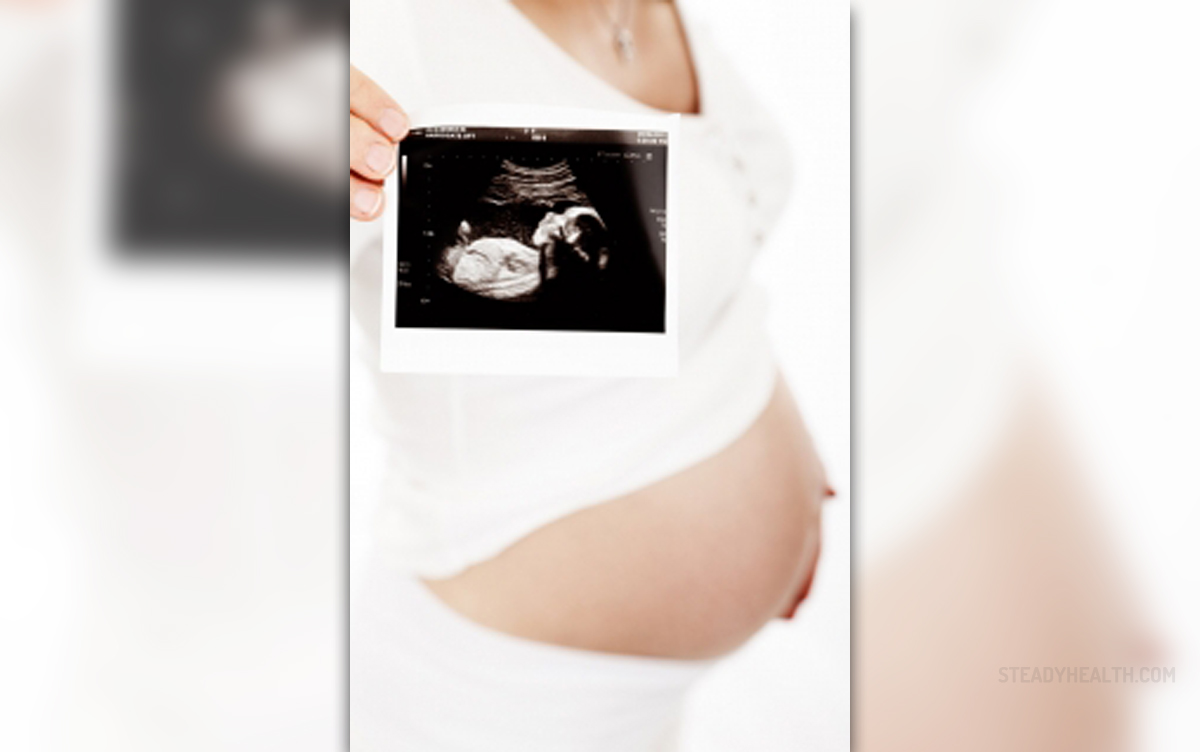
Most pregnant women will have at least one ultrasound during pregnancy and often, expecting mothers will have quite a few ultrasounds. Some feel better about avoiding them, and have concerns about their safety. Indeed, some doctors recommend that an ultrasound is only carried out if there is a clear medical indication such as measuring large for the length of gestation. But ultrasounds can catch quite a few medical problems, and routine ultrasounds can prove to be life-saving in some cases. The first reason to have a routine ultrasound is to determine how long you have been pregnant and when your baby is expected to make its arrival. Although an estimated due date is just that an estimate it is good to have an overall idea of when a baby is due. Ectopic pregnancy usually comes with symptoms like pain, cramping, and bleeding. Sometimes these symptoms are absent or only show up when the fallopian tube is already about to rupture. Routine early ultrasounds can diagnose a tubal or otherwise ectopic pregnancy. Ultrasounds can diagnose twins, or higher order multiples. Certain birth defects need immediate attention after giving birth, or even need in-utero surgery to safeguard the baby's chances of survival. Unless you have an ultrasound, you will not find out about these birth defects. When you know, the best approach to medical care can be developed. Other birth defects, like Down Syndrome, might not require a proactive approach either during pregnancy or after birth. But parents are better able to prepare for their child if they are aware of its condition. A low lying placenta or a placenta that completely covers the cervix (placenta previa) are dangerous, and in the last case vaginal birth would definitely be fatal. There may be symptoms to indicate placental problems, most commonly bleeding, but there may not be.




Your thoughts on this
Loading...